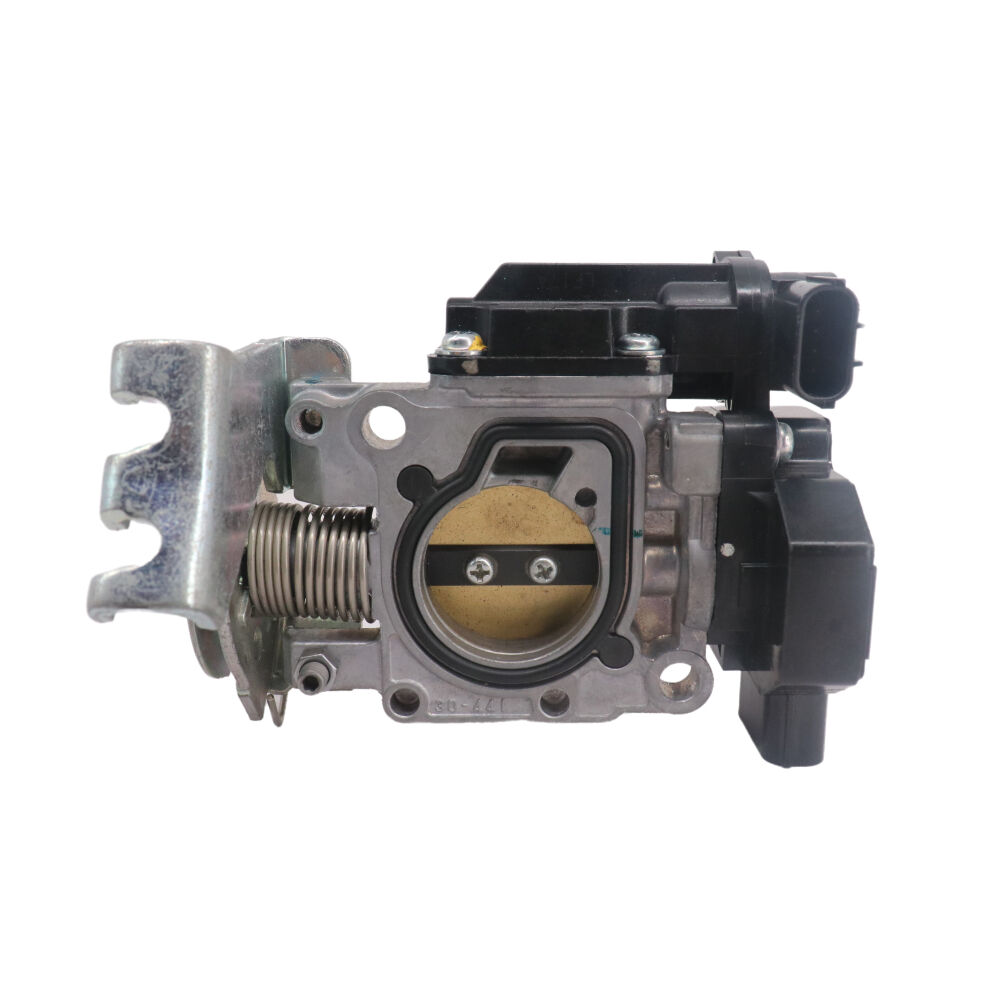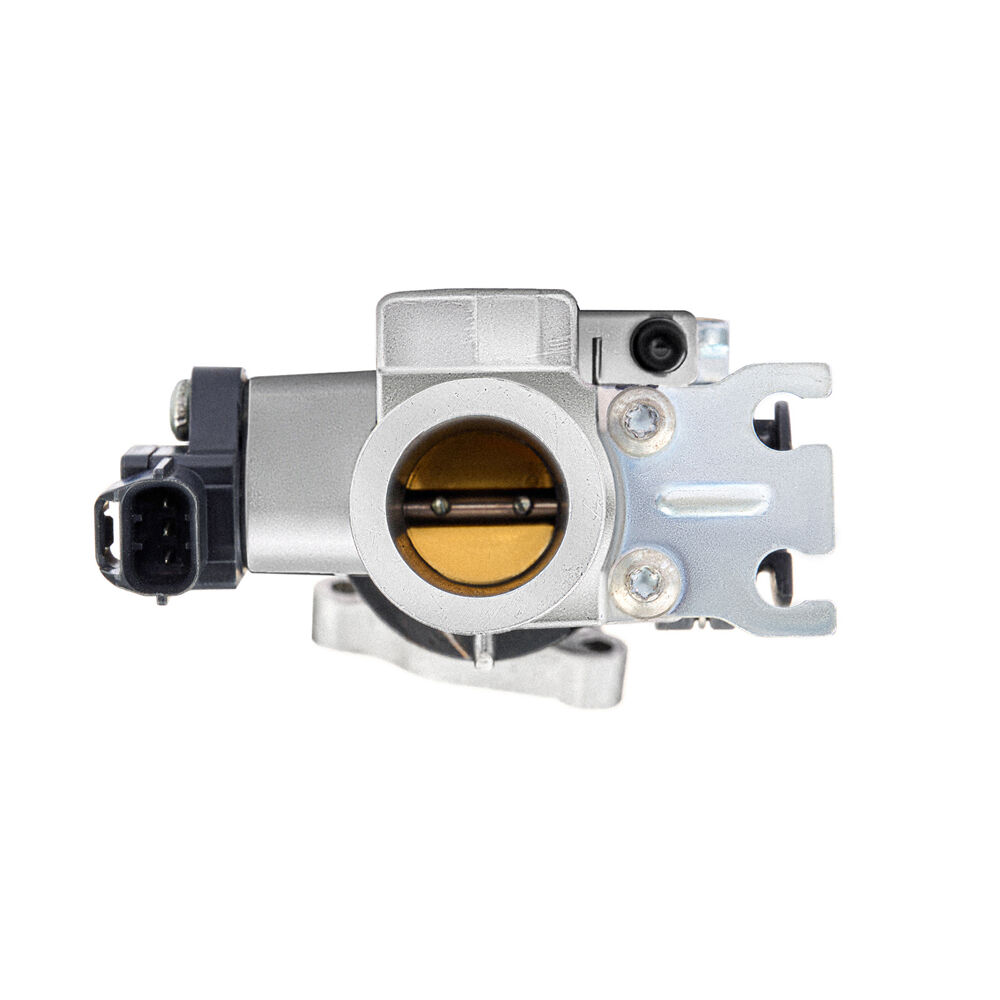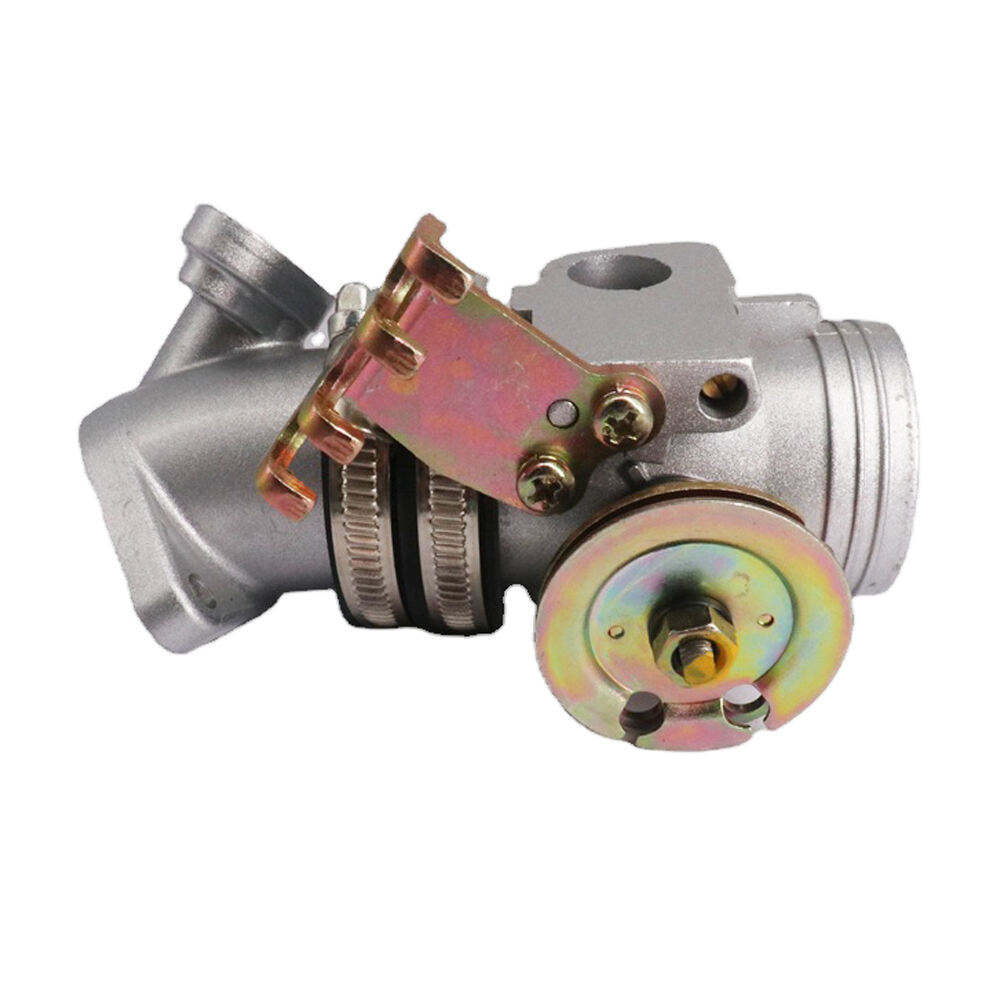थ्रोटल नियंत्रण मोटर
एक थ्रॉटल नियंत्रण मोटर एक परिष्कृत इलेक्ट्रोमैकेनिकल डिवाइस है जो इंजन के दहन कक्ष में हवा और ईंधन के प्रवाह को सटीक रूप से विनियमित करती है। यह महत्वपूर्ण घटक चालक के निर्देशों और इंजन की प्रतिक्रिया के बीच की कड़ी के रूप में कार्य करती है, एक्सीलरेटर पेडल से इलेक्ट्रॉनिक संकेतों को यांत्रिक गति में परिवर्तित करके इंजन की शक्ति उत्पादन को नियंत्रित करती है। मोटर इलेक्ट्रॉनिक सेंसर, नियंत्रण मॉड्यूल और यांत्रिक एक्चुएटर के संयोजन के माध्यम से संचालित होती है, जो इंजन के इष्टतम प्रदर्शन के लिए सामंजस्य में काम करते हैं। आधुनिक थ्रॉटल नियंत्रण मोटरों में उन्नत स्थिति सेंसर होते हैं जो इंजन नियंत्रण इकाई को वास्तविक समय में प्रतिक्रिया प्रदान करते हैं, जिससे सटीक थ्रॉटल स्थिति और स्पष्ट त्वरण सुनिश्चित होता है। प्रणाली में विफलता सुरक्षा तंत्र और अतिरिक्त सुरक्षा विशेषताएं शामिल होती हैं जो विभिन्न ड्राइविंग स्थितियों के तहत विश्वसनीय संचालन बनाए रखती हैं। इन मोटरों को चरम तापमान, कंपन और पर्यावरणीय कारकों का सामना करने के लिए तैयार किया गया है और अपने संचालन जीवनकाल के दौरान सटीक नियंत्रण बनाए रखना है। मोटर वाहन अनुप्रयोगों में, थ्रॉटल नियंत्रण मोटरें अत्यधिक परिष्कृत हो गई हैं, जो क्रूज़ नियंत्रण, ट्रैक्शन नियंत्रण और इलेक्ट्रॉनिक स्थिरता कार्यक्रमों जैसी वाहन प्रणालियों के साथ एकीकृत हैं। प्रौद्योगिकी ने पारंपरिक आंतरिक दहन इंजनों और हाइब्रिड पावरट्रेन दोनों का समर्थन करने के लिए विकसित किया है, जो आगे बढ़ रही मोटर वाहन प्रौद्योगिकियों के लिए इसकी बहुमुखी प्रतिभा और अनुकूलन क्षमता का प्रदर्शन करती है।


